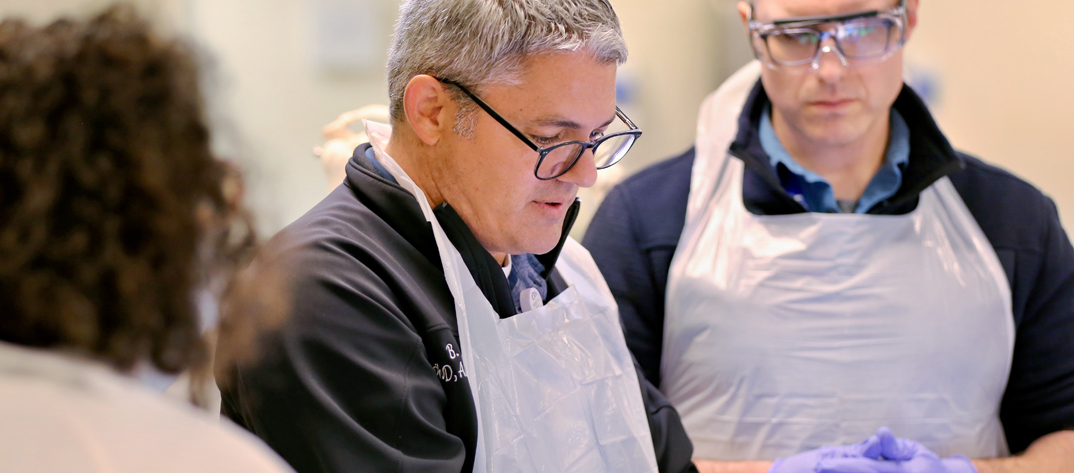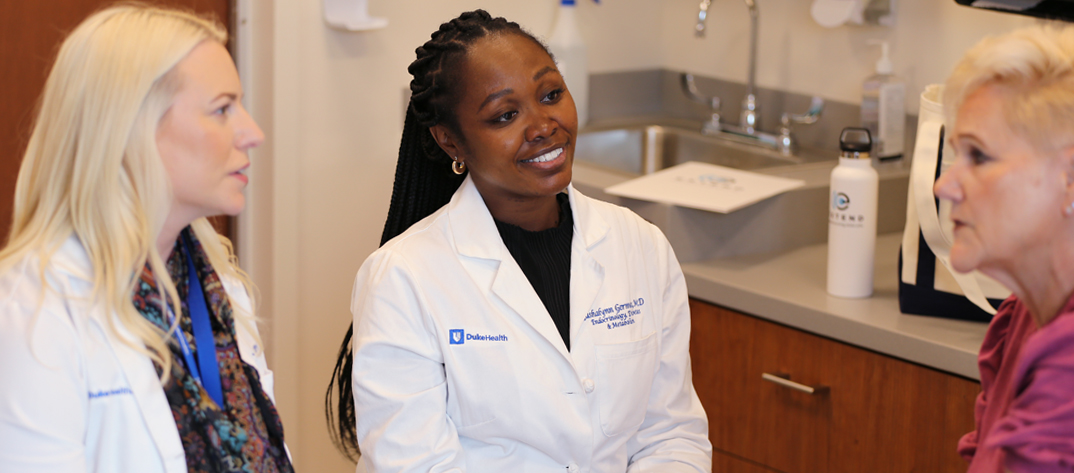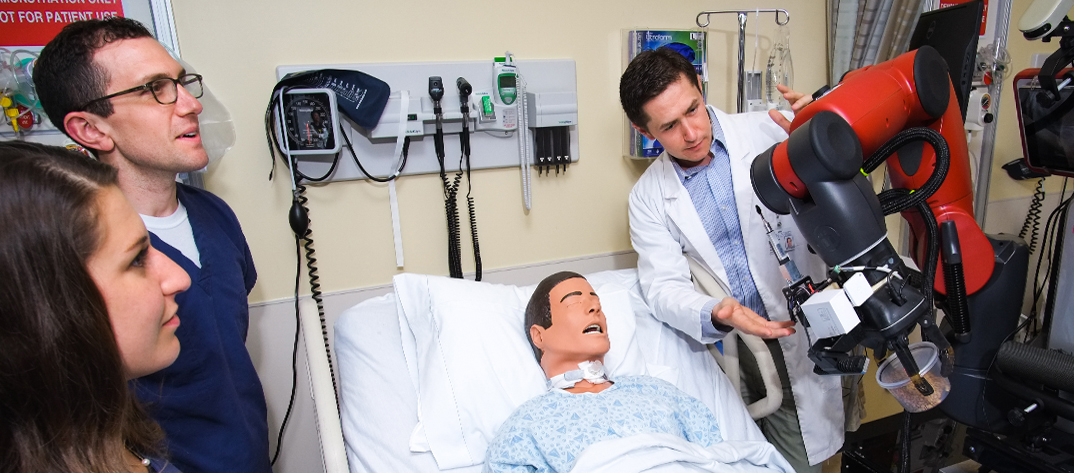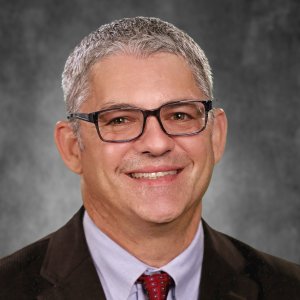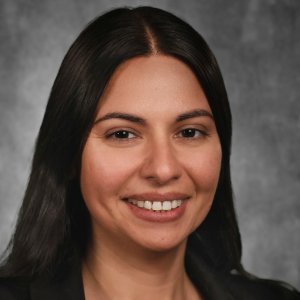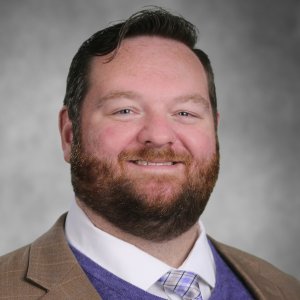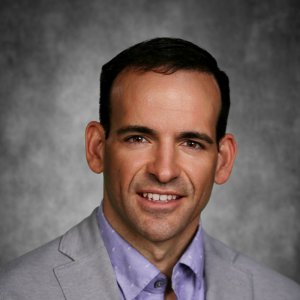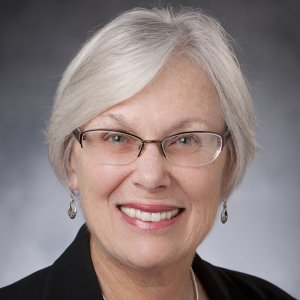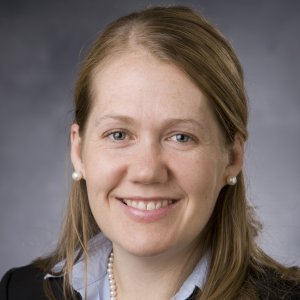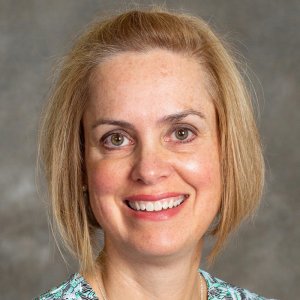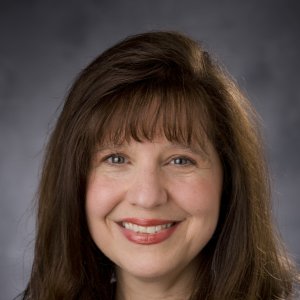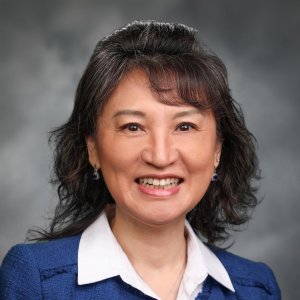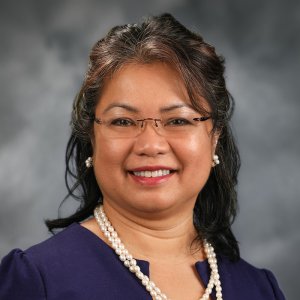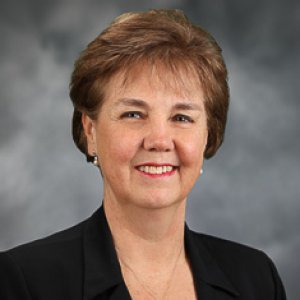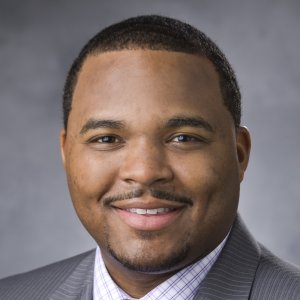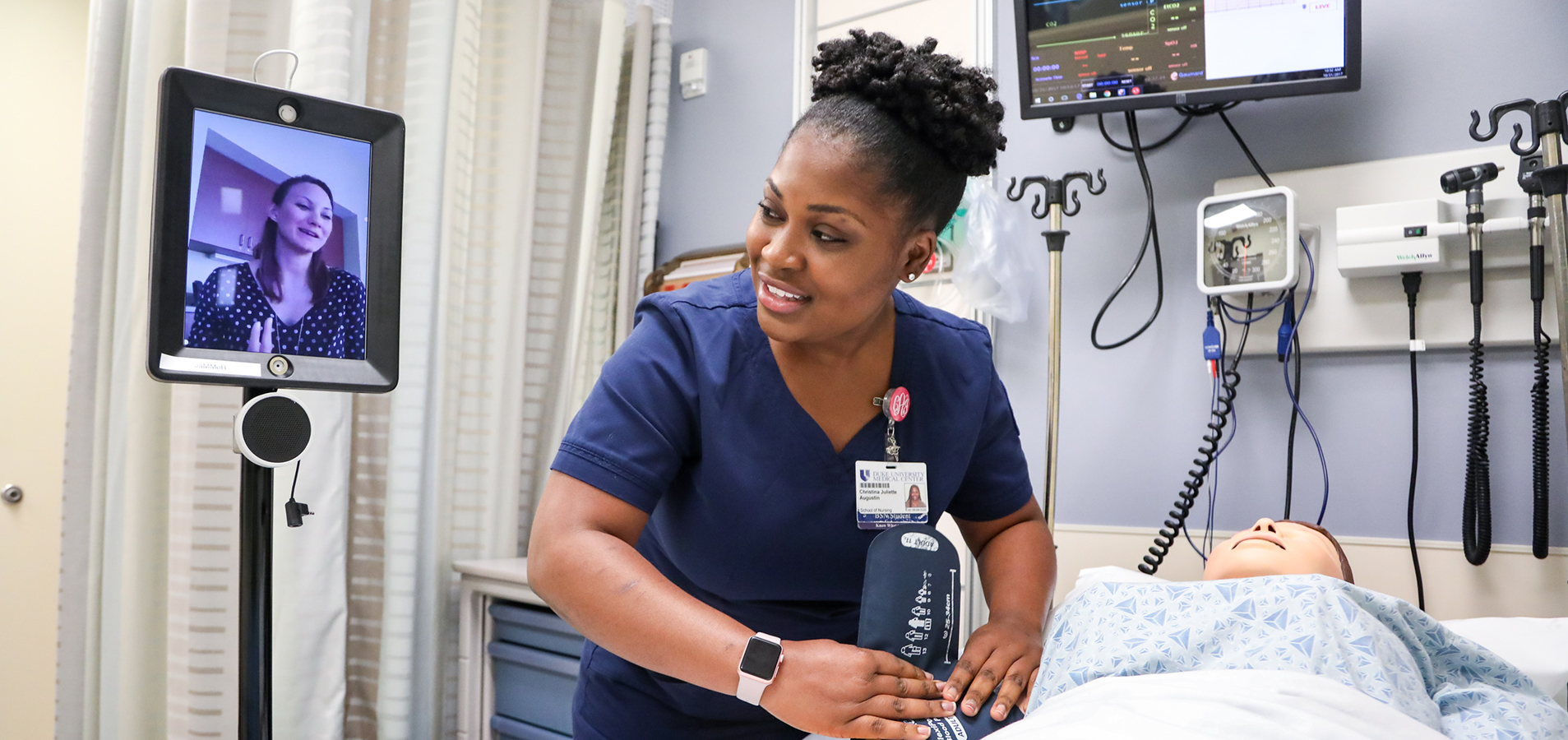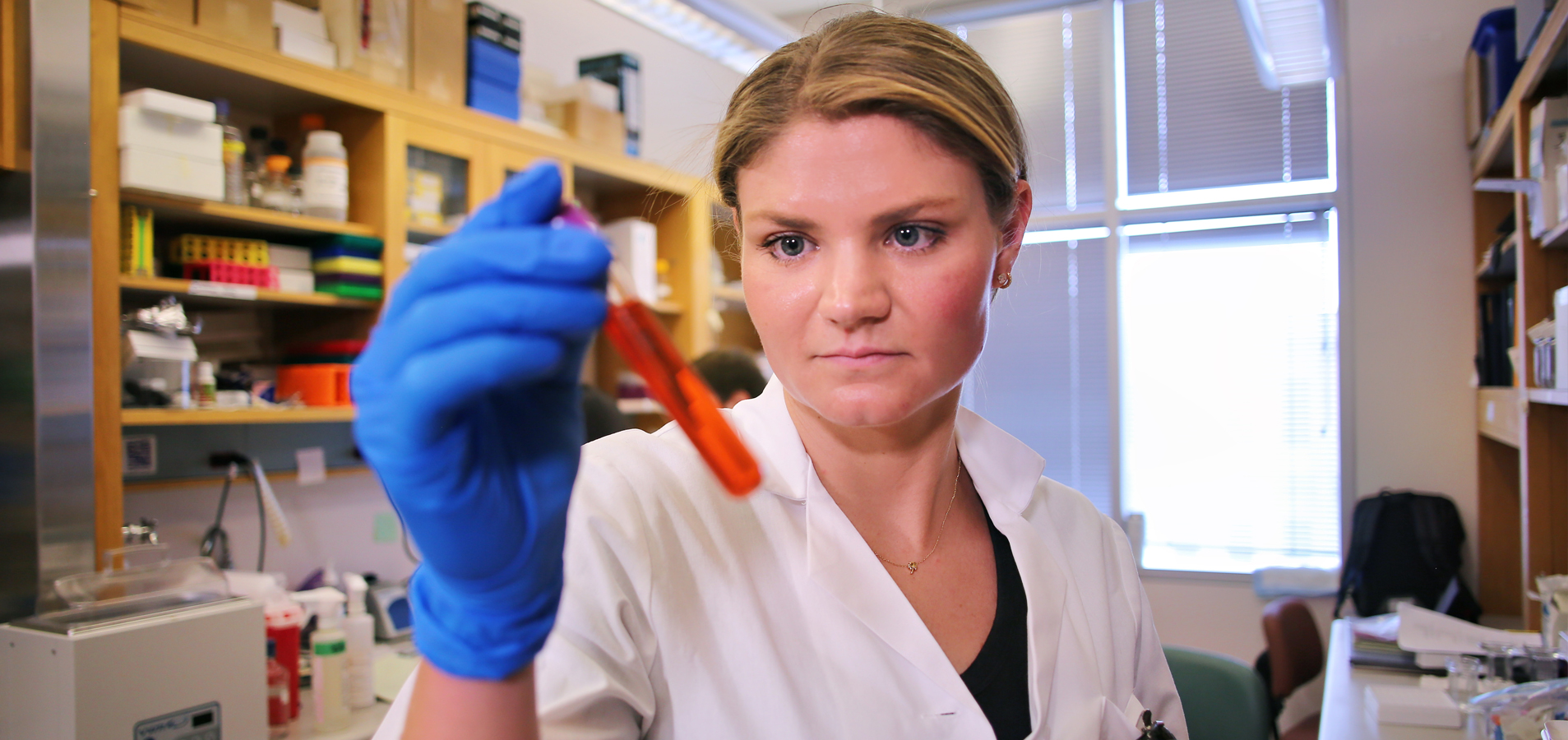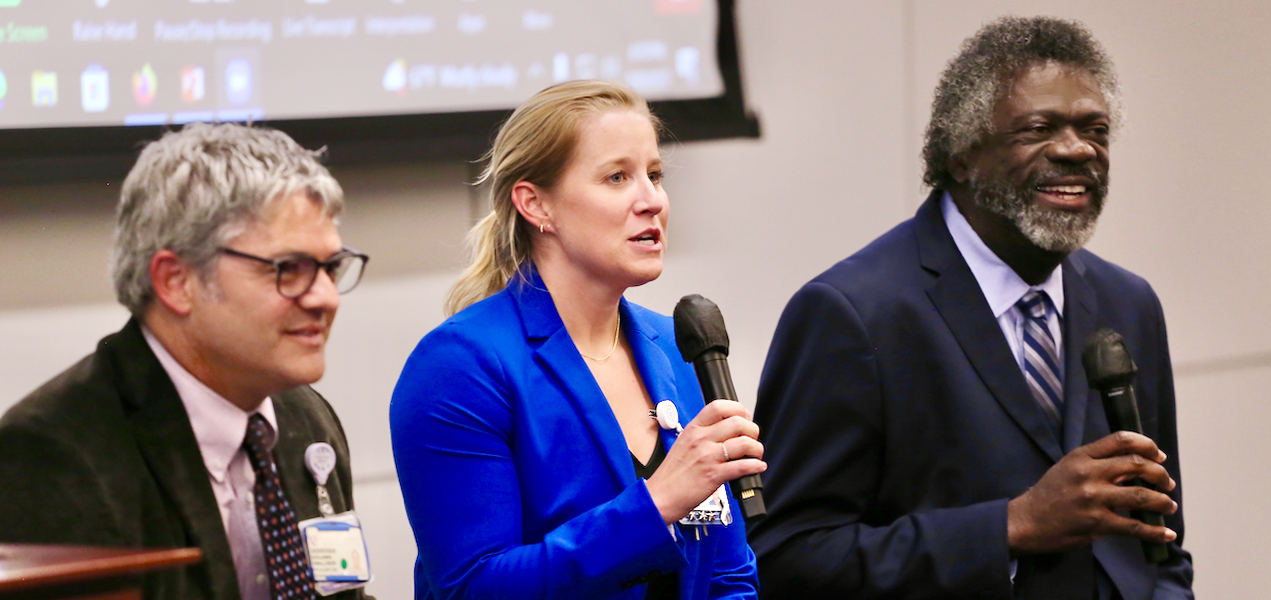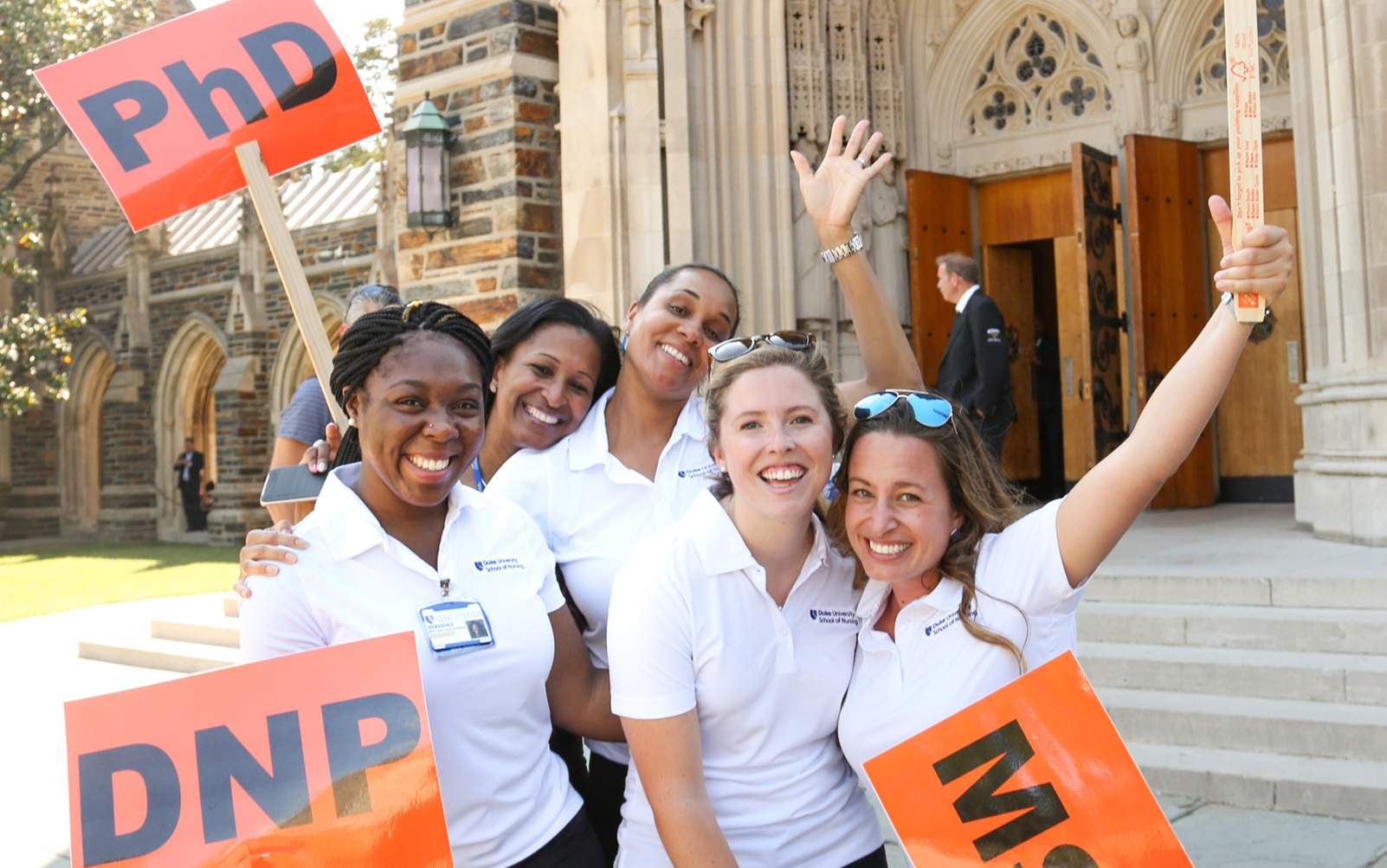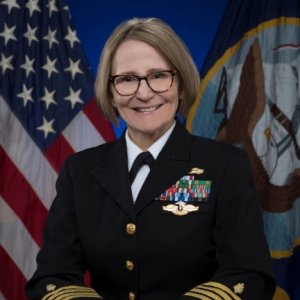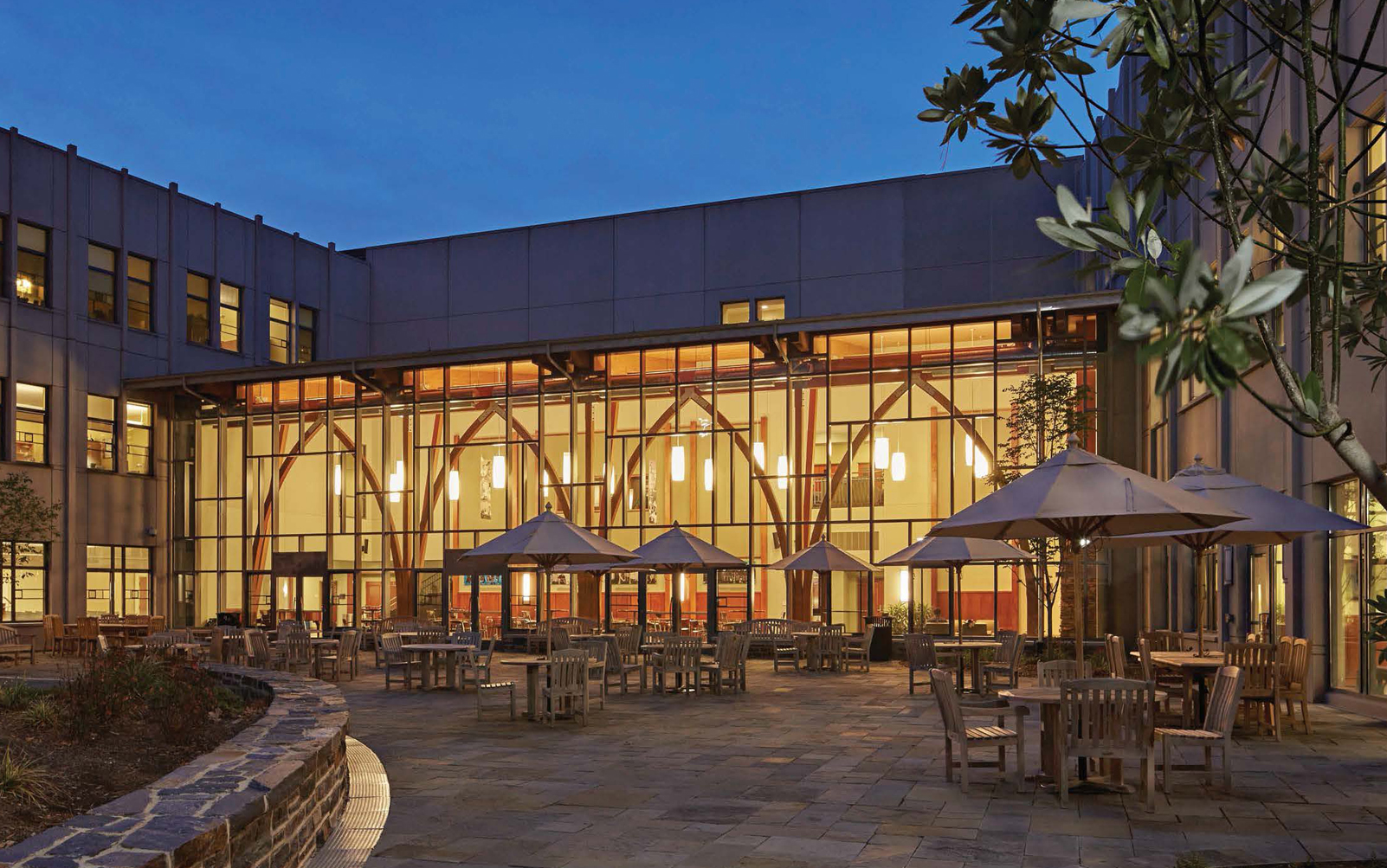Launch your FNP career with Duke University School of Nursing
Duke University School of Nursing’s Family Nurse Practitioner MSN degree prepares you to deliver exceptional primary care to individuals and families. Our FNP program goes beyond traditional health care. You’ll explore policy, leadership and social contributors of health, developing the knowledge and skills to create a more equitable health care system.
Ranked the #1 Best Master’s Nurse Practitioner Family Program by U.S. News & World Report, our family nurse practitioner degree is distance- based. Most coursework is online, with a few virtual synchronous sessions and course-focused on-campus intensives. Gain clinical experience close to home and graduate in under three years, ready to make a lasting impact on patients of all ages.
Duke also offers optional specializations in cardiology, endocrinology, oncology, and orthopedics, allowing you to tailor your expertise to a specific area of interest.
Family NP Post-Graduate Certificate
For students who already have a master’s from an ACEN- or CCNE-accredited nursing school or in another approved discipline, we also offer a Family Nurse Practitioner Post-Graduate Certificate. This program allows you to build on your expertise with specialized skills and knowledge, advancing your career potential.
MSN Family Nurse Practitioner Degree Highlights
Our priority is delivering top-tier nursing education. We’re proud of our high rankings, but we maintain our focus on the distinct experiences that distinguish Duke, including:
A global clinical network:
Family nurse practitioner students can complete clinicals near home with help from our clinical placement team, utilizing a network of more than 2,000 worldwide partner facilities and practices.
Advanced clinical skills and knowledge:
Our FNP program emphasizes comprehensive primary care across the lifespan. Gain in-depth knowledge and clinical skills to diagnose, treat and manage various health conditions for individuals and families.
High-fidelity simulation experiences:
Engage in cutting-edge simulation training to prepare for diverse clinical settings like family practice, internal medicine and community health centers. Through FNP intensives, receive live or virtual hands-on experience, enhancing your understanding of NP roles and responsibilities.
What Can You Do With a Family Nurse Practitioner Degree?
Nurse practitioner ranks among the fastest-growing health care professions. Our FNP MSN program positions you at the forefront of this exciting field, opening doors to diverse career opportunities, leadership roles and the chance to make a real difference in people’s lives:
- Advanced practice and leadership: Deliver comprehensive primary care to individuals and families across all age groups. Duke’s FNP degree prepares you to diagnose and treat illnesses, manage chronic conditions, prescribe medications, perform preventive care and provide patient education. Study current health care issues like policy and nurse-led models of care to influence policy decisions, advocate for patient care access or even manage a clinic setting.
- Increased autonomy: As an FNP, you can practice with a higher degree of independence compared to registered nurses. Our nurse practitioner degree prepares you to order and interpret diagnostic tests, develop treatment plans and manage patient care without direct physician oversight, according to state regulations.
- Diverse practice settings: Meet various societal needs and reinforce a nurse-led model of care to increase health equity. Impact multiple health care settings such as primary care clinics, urgent care centers, community health centers or facilities for long-term care.
The U.S. Bureau of Labor Statistics (BLS) projects job opportunities for advanced practice registered nurses to grow up to 38% by 2032, making it one of the fastest-growing career fields in the country. While exact figures vary depending on location, experience, practice specialty and other factors, the BLS reports a median annual salary of $129,480 for APRNs, with the highest 10% earning more than $211,820.
Program Director
Christina Leonard
APRN, DNP, FNP-C, CNL
Dr. Leonard is a Family Nurse Practitioner, Associate Clinical Professor at the School of Nursing, and Assistant Director for Interprofessional Education and Practice at the IPEC Center. Her teaching and research interests include cardiology, adult health, innovations in education, and expanding IPE opportunities, particularly in critical care. She has published 15 articles in peer-reviewed journals, contributed chapters to leading advanced practice books, and served as a manuscript reviewer for prominent journals.
Learn more about Christina Leonard: Scholars@Duke


